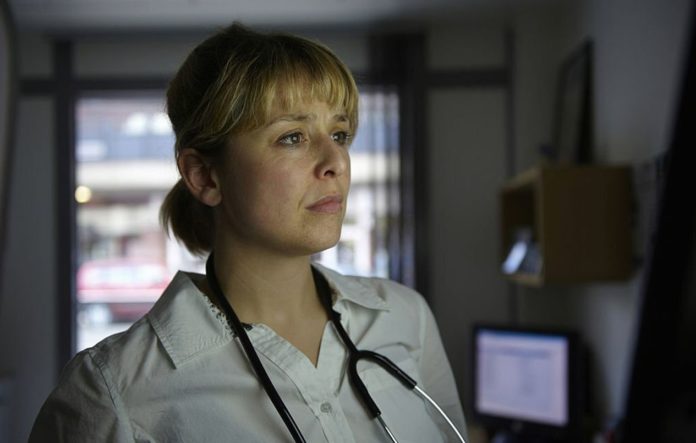A new study says that all doctors and nurses need 20-minute power naps during night shifts to keep patients safe and to make their own trips home after work safer.
The study also says that no doctor or nurse should work more than three consecutive night shifts.
Findings from multiple sources, including questionnaires from the Association of Anaesthetists, Royal College of Anaesthetists, and Faculty of Intensive Care Medicine fatigue working group, published in the journal Anaesthesia, revealed that roughly half of trainee doctors, consultants, and nurses had either an accident or a near-miss driving home after a night shift.
In fact, research indicates that driving after being awake for 20 hours or more and during the circadian low point of the body (during the night or very early morning, when the body needs sleep the most) is as harmful as driving with a blood alcohol concentration above the legal limit.
And people who work 12-hour shifts and drive home are twice as likely to crash as those who work 8-hour shifts.
After two or more nights of interrupted sleep, a ‘sleep debt’ develops, and it takes at least two nights of decent sleep to recoup. After 16-18 hours awake, cognitive performance deteriorates, impairing the medical worker’s capacity to engage successfully with patients and colleagues, according to the researchers.
“When fatigue sets in, we in the medical and nursing team are less empathic with patients and colleagues, vigilance becomes more variable, and logical reasoning is affected, making it hard to calculate, for example, the correct doses of drugs a patient needs,” explain Consultant Anaesthetist Dr Nancy Redfern of Newcastle Hospitals NHS Foundation Trust.
People “find it hard to think flexibility, or to retain new information which make it difficult to manage quickly changing emergency situations. Our mood gets worse, so our teamwork suffers. Hence, everything that makes us and our patients safe is affected.”
The findings of the study also explain how fatigue causes uncontrollable ‘sleep lapses’ or ‘microsleeps’, which implies that driving home when weary is the riskiest thing a healthcare professional can do.
The findings of the study recommend adding a short 20-minute power nap into night shift work.
Dr. Redfern adds: “We hope in the end that regulators will recognise that healthcare workers have the same physiology as employees in every other safety-critical industry and require formal fatigue risk management as part of its overall approach to patient and staff safety.”
“We need to change the way we manage night shifts to mitigate the effects of fatigue. Those working shifts must ensure everyone gets a power nap, and that we support each other to remain safe and vigilant when we work through the night. Staffing schedules should allow sufficient time between shifts for proper rest, and no-one should do more than 3 night shifts in a row.”
Image Credit: Getty
You were reading: “Sleep Debt” Risks Survival – New Research Warns
